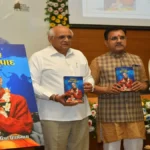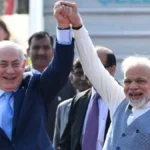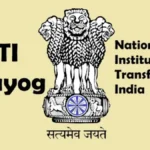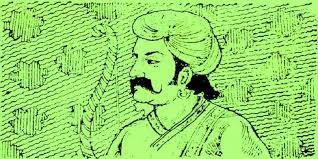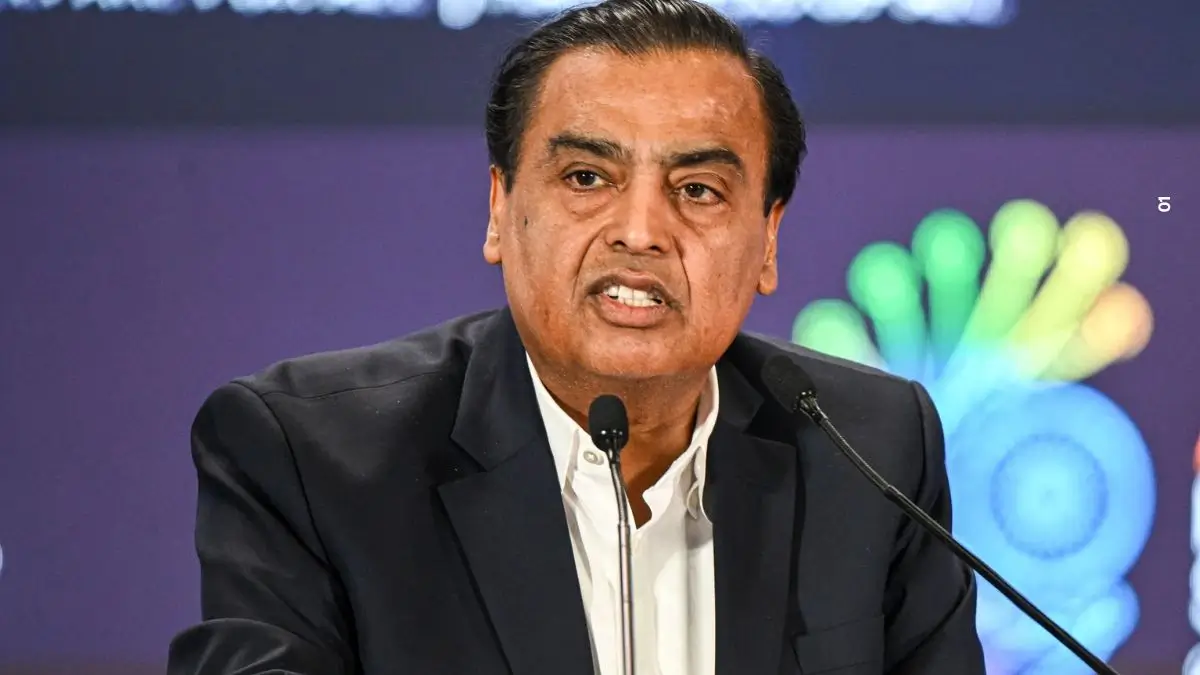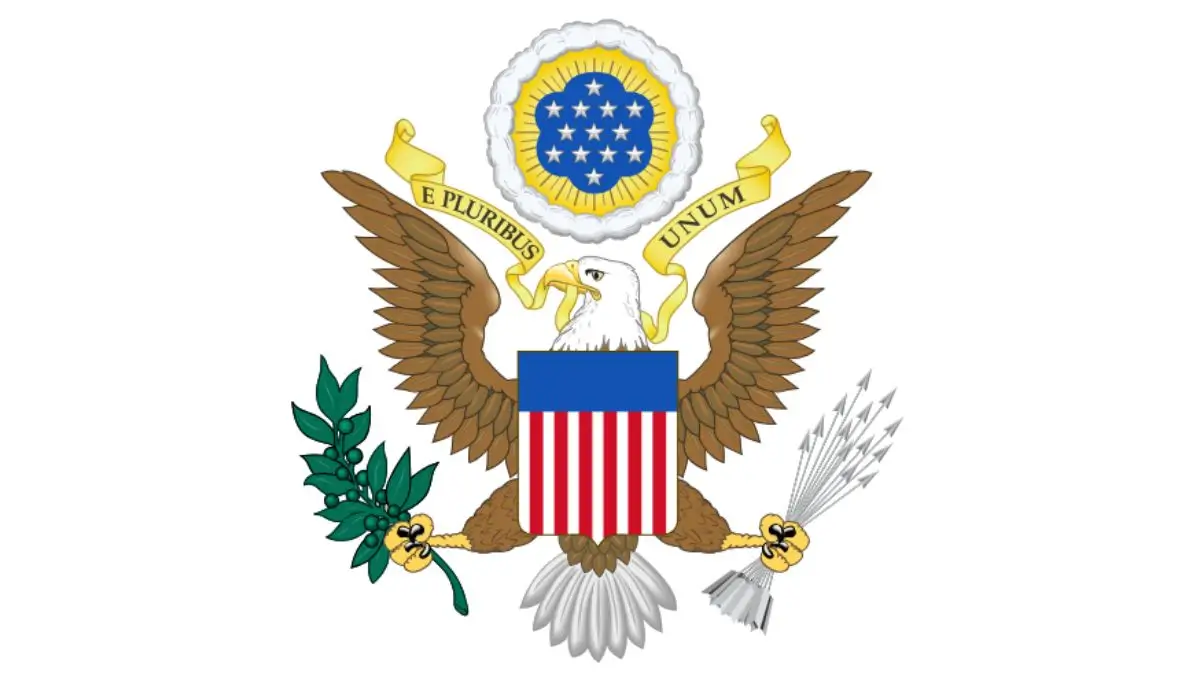Unsung Heroes – Bakshi Jagabandhu
Introduction: Who Was Bakshi Jagabandhu?
Bakshi Jagabandhu, a name often overshadowed in historical narratives, played a pivotal role in India’s struggle against British colonial rule. His contributions, especially during the First War of Indian Independence in 1857, highlight the significant yet often overlooked sacrifices made by local leaders in India’s fight for freedom.
The Role of Bakshi Jagabandhu in the 1857 Rebellion
Bakshi Jagabandhu was instrumental in leading the rebellion in the Kalahandi region of Odisha. His leadership was crucial in organizing and rallying the local populace against the British East India Company. Unlike many other leaders of the 1857 revolt, Jagabandhu’s efforts were concentrated in the regional context, demonstrating how localized movements were integral to the broader independence struggle.
Contributions and Achievements
Jagabandhu’s strategic prowess was evident in his ability to mobilize the local forces and lead effective resistance against the British. His efforts included strategic planning, guerrilla tactics, and forging alliances with other local leaders. Despite limited resources, Jagabandhu managed to sustain resistance against the superior British forces for a significant period, making him a key figure in the regional aspect of the 1857 revolt.
The Legacy of Bakshi Jagabandhu
The legacy of Bakshi Jagabandhu is significant in understanding the multi-faceted nature of the Indian independence movement. While not as widely recognized as figures like Mangal Pandey or Rani Lakshmibai, Jagabandhu’s role underscores the importance of regional leaders in the struggle for freedom. His contributions have been increasingly recognized in recent years, contributing to a more nuanced understanding of the 1857 uprising.
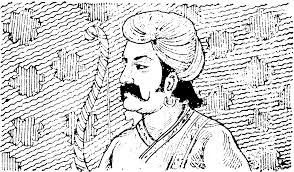
Why This News Is Important
Highlighting Forgotten Heroes
The commemoration of Bakshi Jagabandhu serves to highlight the contributions of lesser-known figures in India’s freedom struggle. It underscores the importance of recognizing and honoring regional heroes whose efforts were crucial in the larger context of the independence movement. By bringing such figures into the spotlight, the narrative of the Indian struggle for independence becomes more comprehensive and inclusive.
Understanding Regional Contributions
Bakshi Jagabandhu’s role exemplifies how regional leaders significantly impacted the national movement. His leadership in the Kalahandi region illustrates the diverse nature of resistance against colonial rule and the various forms it took across different parts of India. This understanding is essential for a complete grasp of India’s freedom struggle, especially for students preparing for exams that cover historical and political contexts.
Educational Value
For students and educators, recognizing figures like Bakshi Jagabandhu provides valuable insights into the complexity of India’s independence movement. It enriches the historical curriculum and offers a more nuanced perspective on how various leaders contributed to the struggle. This can enhance students’ understanding and appreciation of historical events, which is crucial for government exams that often include questions on historical figures and events.
Historical Context:
The First War of Indian Independence
The First War of Indian Independence in 1857 was a significant uprising against British rule, marking a critical point in India’s struggle for freedom. The rebellion saw widespread participation across various regions, with numerous local leaders and communities rising in defiance of British colonial policies. The uprising, although eventually suppressed, laid the groundwork for future independence movements.
Local Leadership in the Rebellion
While many historical accounts focus on prominent figures like Mangal Pandey and Rani Lakshmibai, local leaders like Bakshi Jagabandhu played a crucial role in specific regions. Their efforts in organizing and leading resistance movements highlight the decentralized nature of the rebellion and the diverse contributions that collectively shaped the struggle for independence.
Recognition and Legacy
In recent years, there has been a growing recognition of regional leaders and their contributions to the independence movement. Efforts to document and honor figures like Bakshi Jagabandhu are part of a broader initiative to provide a more inclusive historical narrative that acknowledges the varied and significant roles played by numerous unsung heroes.
Key Takeaways from Bakshi Jagabandhu
| Serial Number | Key Takeaway |
|---|---|
| 1 | Bakshi Jagabandhu led the rebellion in the Kalahandi region of Odisha during the 1857 uprising. |
| 2 | He was crucial in organizing local resistance against the British East India Company. |
| 3 | Jagabandhu utilized guerrilla tactics and strategic planning to sustain resistance. |
| 4 | His contributions are significant in understanding regional impacts on the broader independence movement. |
| 5 | The increasing recognition of his role highlights the importance of acknowledging lesser-known leaders in history. |
Important FAQs for Students from this News
1. Who was Bakshi Jagabandhu?
Bakshi Jagabandhu was a key leader in the Kalahandi region of Odisha during the First War of Indian Independence in 1857. He played a significant role in leading local resistance against British colonial forces.
2. What was Bakshi Jagabandhu’s role in the 1857 rebellion?
Jagabandhu was instrumental in organizing and leading the rebellion in his region. He used guerrilla tactics and strategic planning to resist British control and sustain the resistance for an extended period.
3. Why is Bakshi Jagabandhu considered an unsung hero?
Despite his significant contributions, Bakshi Jagabandhu’s role has often been overshadowed by more prominent figures in Indian history. Recent efforts are aimed at recognizing and honoring his contributions to the independence movement.
4. What was the impact of regional leaders like Bakshi Jagabandhu on the First War of Indian Independence?
Regional leaders played crucial roles in the 1857 uprising by organizing local resistance and contributing to the broader struggle against British rule. Their efforts highlight the decentralized nature of the rebellion and the diverse forms of resistance.
5. How has Bakshi Jagabandhu’s legacy been recognized in recent years?
In recent years, there has been increased recognition of regional leaders like Bakshi Jagabandhu through historical research and commemorations. This helps provide a more inclusive view of the Indian independence movement.
Some Important Current Affairs Links



